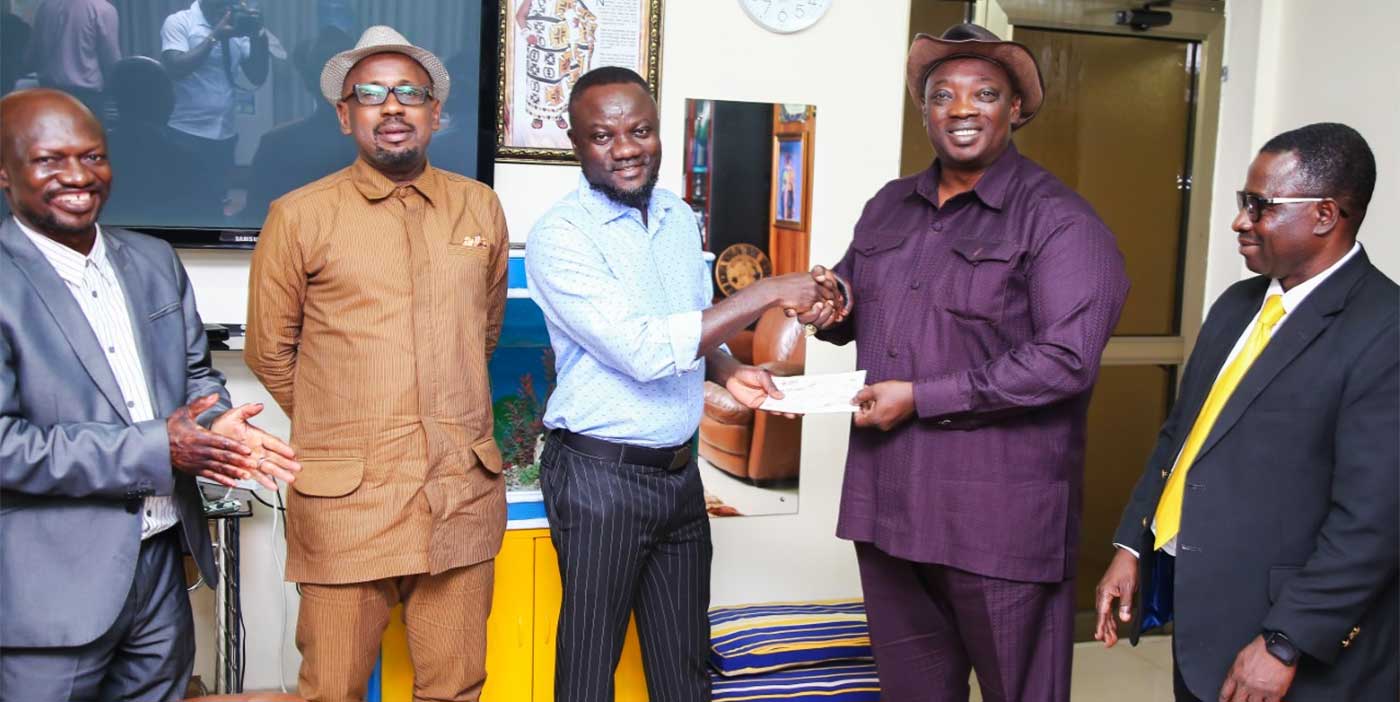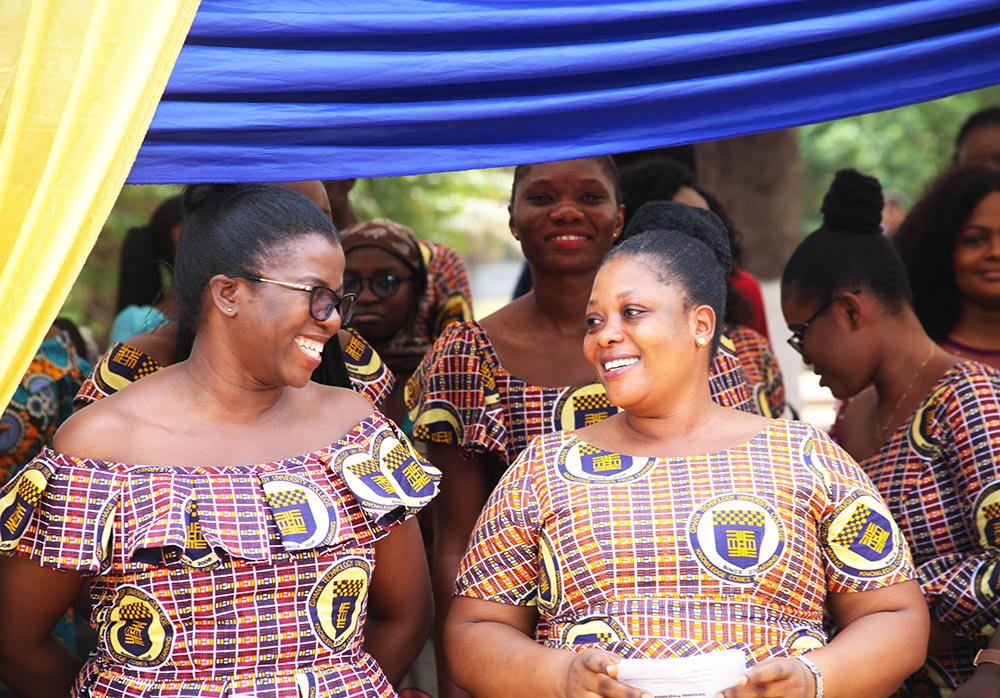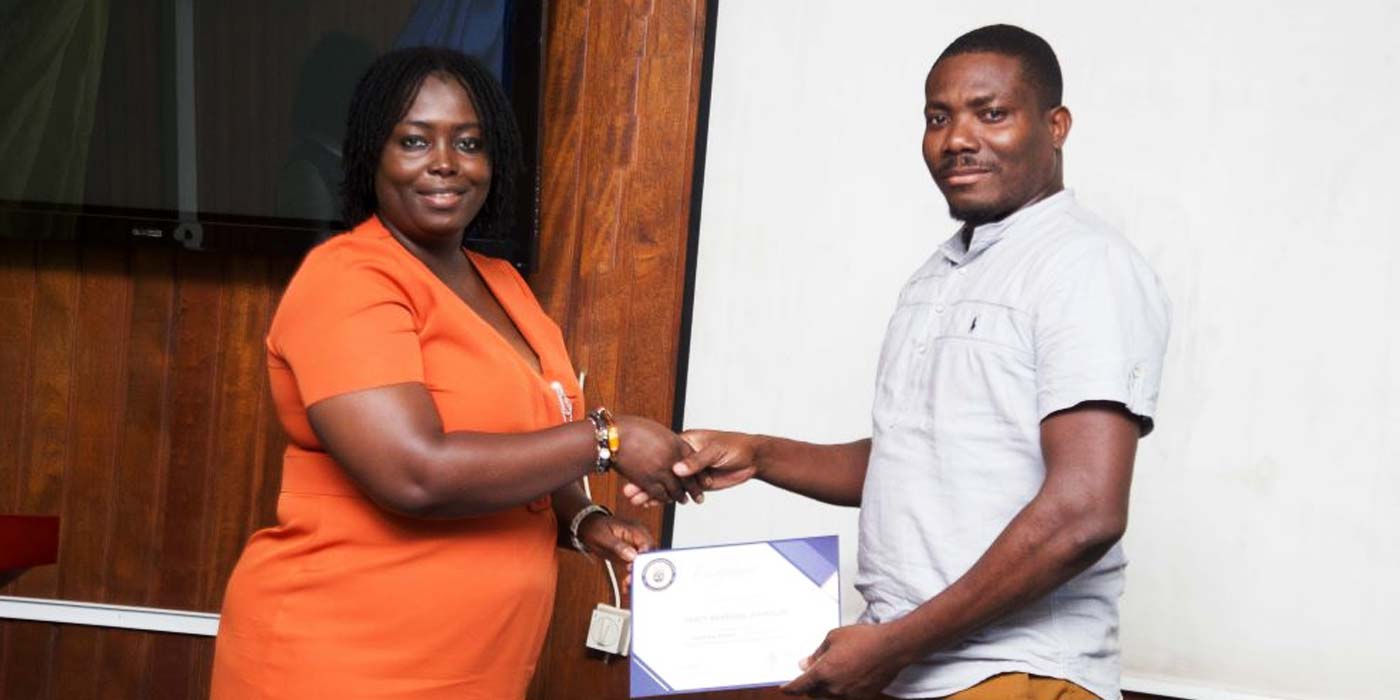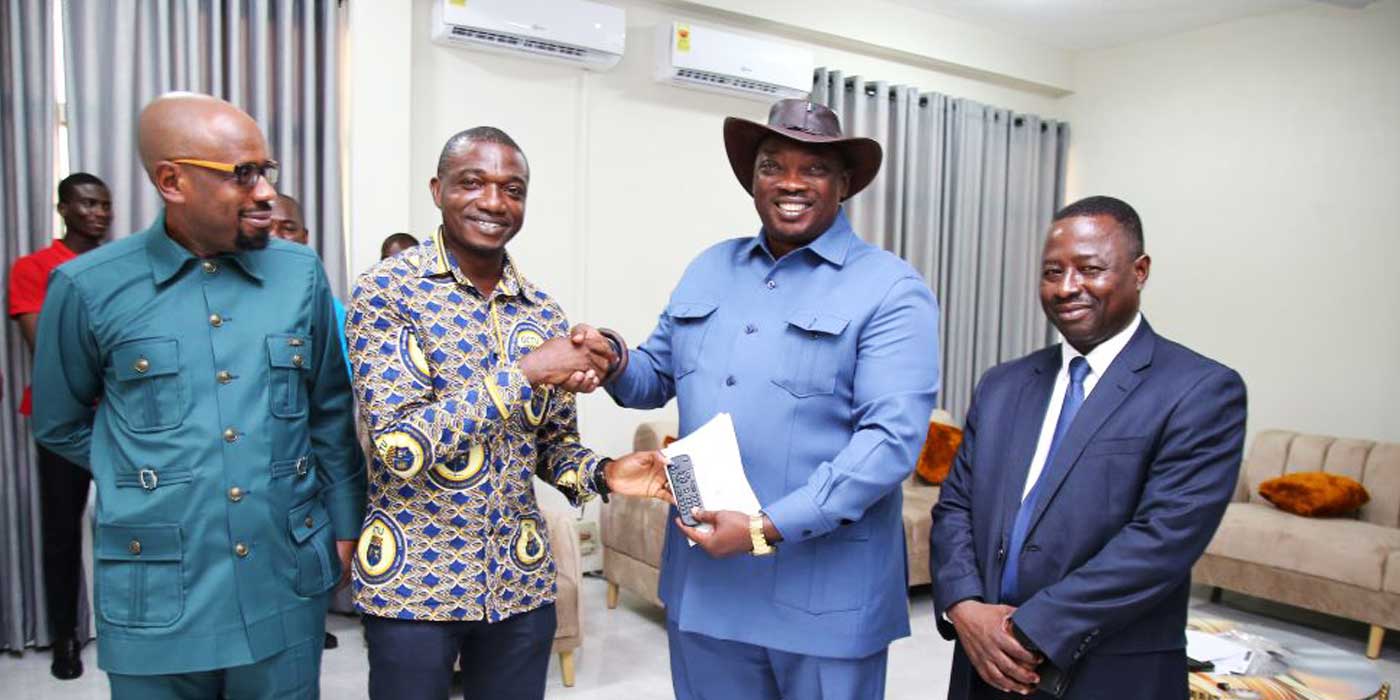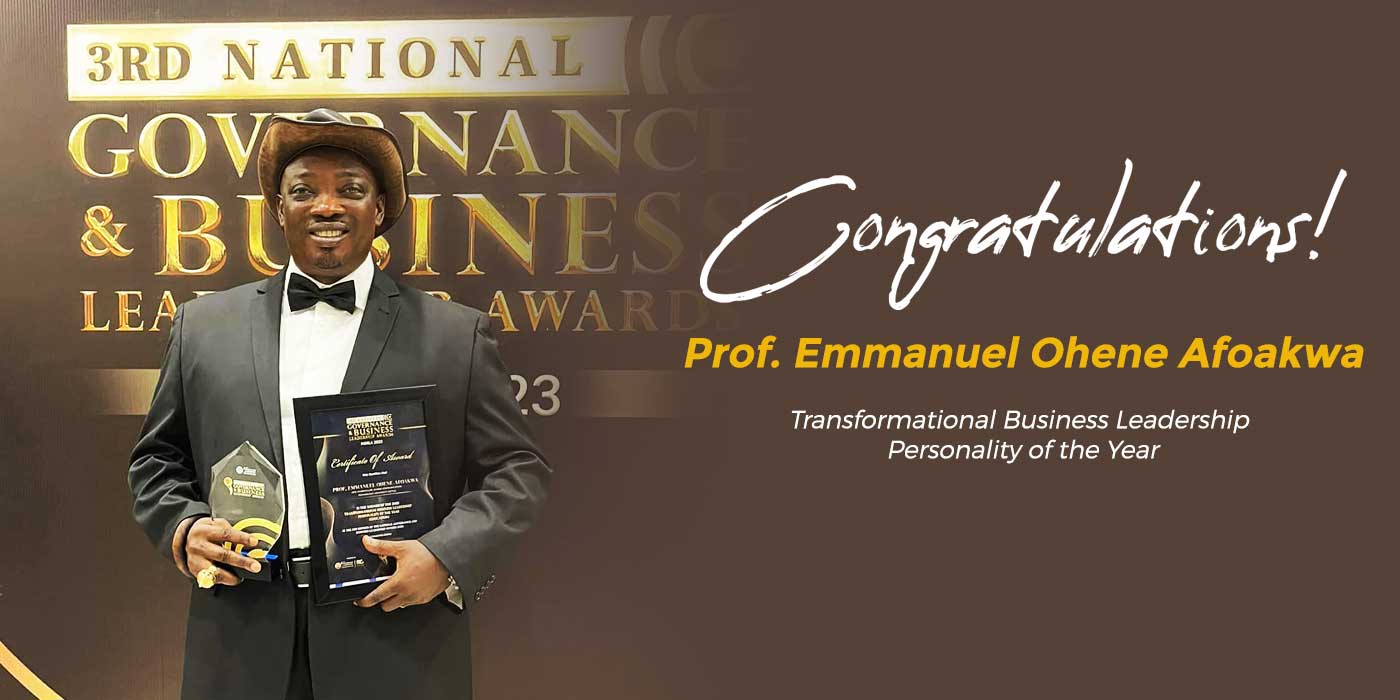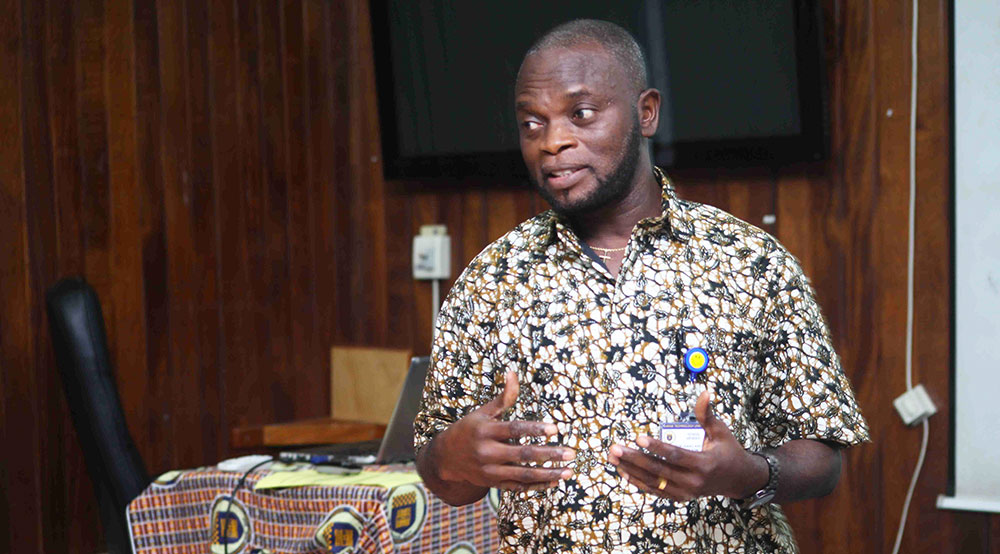
GCTU marked a major milestone with the successful completion of its first PhD Viva under the home-grown Doctoral programme in Computer Science on Thursday, 10th July 2025, at the Vice-Chancellor’s Conference Room on the School of Graduate Studies and Research (SGSR) Block.
The sole candidate, a doctoral student in the Department of Computer Science, Mr. Justice Williams Asare, confidently defended his thesis titled “Development of a Multi-Architecture Convolutional Neural Network Model for Detecting Iron Deficiency Anaemia in Children Using Medical Images” before a panel of distinguished examiners.

Explaining the focus of his thesis, Mr. Asare revealed that his research was inspired by the global public health crisis surrounding childhood anaemia. According to the World Health Organization, children aged 6 to 59 months represent the most vulnerable group, with nearly 42% affected globally. “The traditional models for detecting anaemia are invasive, costly and time-consuming. My aim is to develop deep learning models to identify anaemia in a non-invasive manner, particularly in deprived communities where medical resources are scarce,” he said.
He elaborated that the project is being executed in phases. The first phase involves the development and validation of the AI models, which have already been tested on external datasets such as those related to melanoma, monkeypox and rabies, to evaluate their performance. The next phase, which is dependent on securing funding, would see the integration of these models into smart devices or web applications for real-time usability. “Unfortunately, there’s no scholarship, sponsorship or grant, so the cost of implementing the models onto smart devices remains a significant hurdle,” Mr. Asare disclosed.
The examination panel comprised three renowned external examiners:
Dr. Kamal Kant Hiran, Sir Padampat Singhania University, India
Prof. Kofi Sarpong Adu-Manu, University of Ghana
Prof. Attlee Munyaradzi Gamundani, Namibia University of Science and Technology
The session was chaired by the Vice-Dean of the Faculty of Computing and Information Systems (FoCIS), Dr. Lempogo Forgor, who served as the non-examining internal chair. The candidate’s supervisory team included the Research Coordinator at the IT Department of FoCIS, Prof. Alfred Coleman, the Dean of FoCIS, Dr. William Leslie Brown-Acquaye, and a Senior Lecturer at the University of KwaZulu-Natal, Prof. Martin Ujakpa.

Mr. Asare’s performance earned commendation from the panel and all attendees. According to the Acting Pro Vice-Chancellor and Dean of SGSR, Prof. Ebenezer Malcalm, the candidate met all academic requirements and successfully passed the final oral defence. “This is a rigorous process that demonstrates a candidate’s mastery of his subject area. Mr. Asare clearly demonstrated command over his research and made significant contributions to knowledge,” Prof. Malcalm stated.
Prof. Malcalm also expressed hope that Mr. Asare would be retained as a faculty member to contribute to teaching and research at GCTU, given his demonstrated academic excellence and understanding of the university system.
The Coordinator of GCTU’s PhD programmes, Dr. Esther Asiedu, praised the overall organization of the viva. “The supervisors were proactive and the external examiners submitted their reports on time. This made today’s session one of the most smoothly executed,” she said, while acknowledging the need for improved feedback mechanisms in future engagements.
Mr. Asare, a full-time lecturer at Koforidua Technical University and Part-Time Lecturer at GCTU, is expected to graduate in the upcoming academic congregation, having fulfilled all academic and publication requirements.


